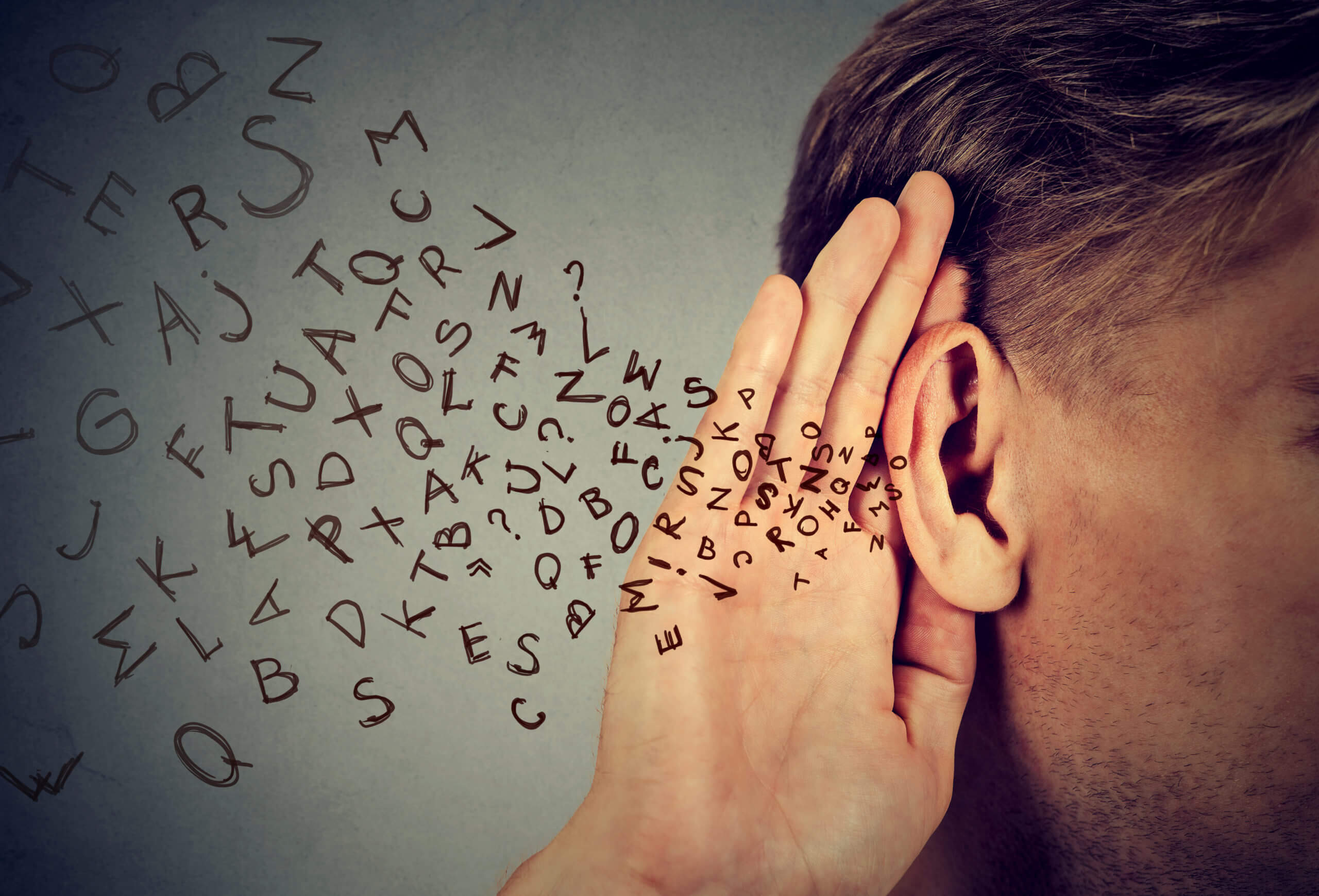As one of our five senses, our hearing is highly critical. Without it, communicating is challenging; you might misunderstand information and even fail to acknowledge specific alarms.
As a result, your quality of life can be greatly impacted. Feeling anxious, withdrawn, and frustrated is typical if you’re unable to understand those around you.
Below we will discuss some of the primary causes of hearing loss so that you can protect yourself.
Are you interested in learning more? Then keep on reading.
Table of Contents
Aging
As we age, our bodies don’t work as well as they used to. Our vision might deteriorate, our metabolism will slow down, and it’s possible that our hearing isn’t as good as it once was.
If you have recently visited your audiologist and require a hearing aid, make sure you do some research to find one that is right for you. Check out mdhearingaid reviews, for more information.
Noise Exposure
Listening to some loud noise briefly won’t harm you, but frequent exposure can be dangerous. If you work in a noisy environment and don’t take the necessary precautions, you could experience rather severe loss.
What’s complicated about this is that it happens over time. So you might not notice how bad your hearing really is until it is too late.
Some types of loud noises to be careful around include:
– Fireworks
– Explosions
– Concerts
– Heavy machinery/Factory equipment
– Chainsaws
Genetic and Hereditary Disorders
Our genetics can impact many things, one of which is our hearing. Trisomy 13, Treacher Collins syndrome, and osteogenesis imperfecta are just a few examples of conditions that can cause loss.
Hereditary disorders can also play a role. For instance, malformations of the inner ear occur when genes are passed on to children by their parents.
Virus Infections and Disease
Viruses and diseases can have many effects on our bodies. Some of them lead to high fevers, which damage the inner ear. Even the regular cold and flu can cause fluid to build up, leading to a clogged and stuffy feeling.
A few other infections/diseases you may want to research further include:
– Meningitis
– Measles
– Meniere’s disease
– Otosclerosis
Medication (Ototoxicity)
Ototoxicity occurs when certain medications damage the ear, resulting in ringing, permanent loss, and balance disorders. This type of loss can happen very quickly, which is why it’s so important to inform doctors of any symptoms you are experiencing.
Loop diuretics, aminoglycoside antibiotics, chemotherapy drugs, and large amounts of aspirin are just a few examples of ototoxic medications. The sooner you get on top of the issue, the better your chances of retaining your hearing.
Foreign Objects
Lastly, while most of the above refer to quite severe hearing loss, it’s important to note that it can be temporary too. Things such as earwax or a broken q-tip can cause impaction.
In most cases, removing the item will restore hearing. However, this should be done by an experienced professional.
Final Words
As you can see from the above, there are many different types of hearing loss. By learning more about them, you can ensure you’re doing everything possible to minimize your risk.

